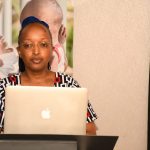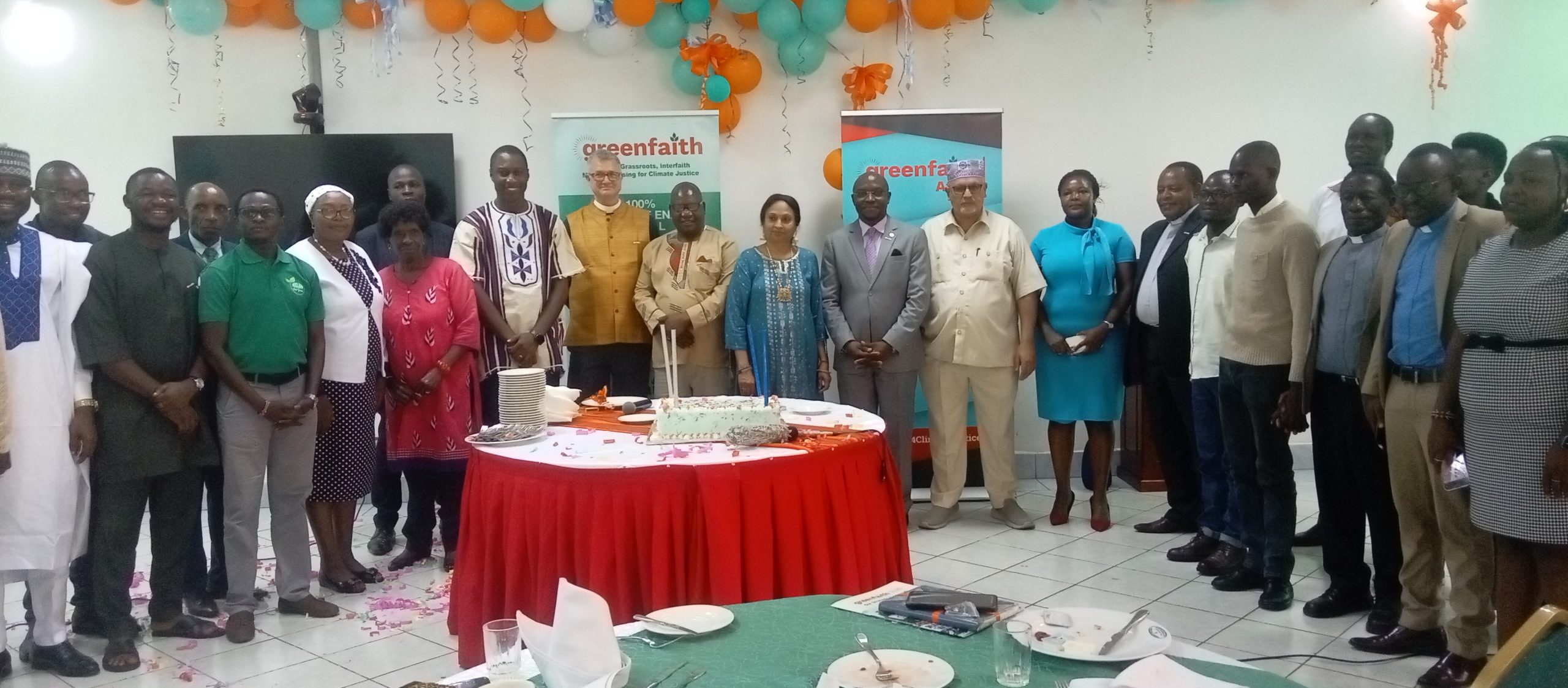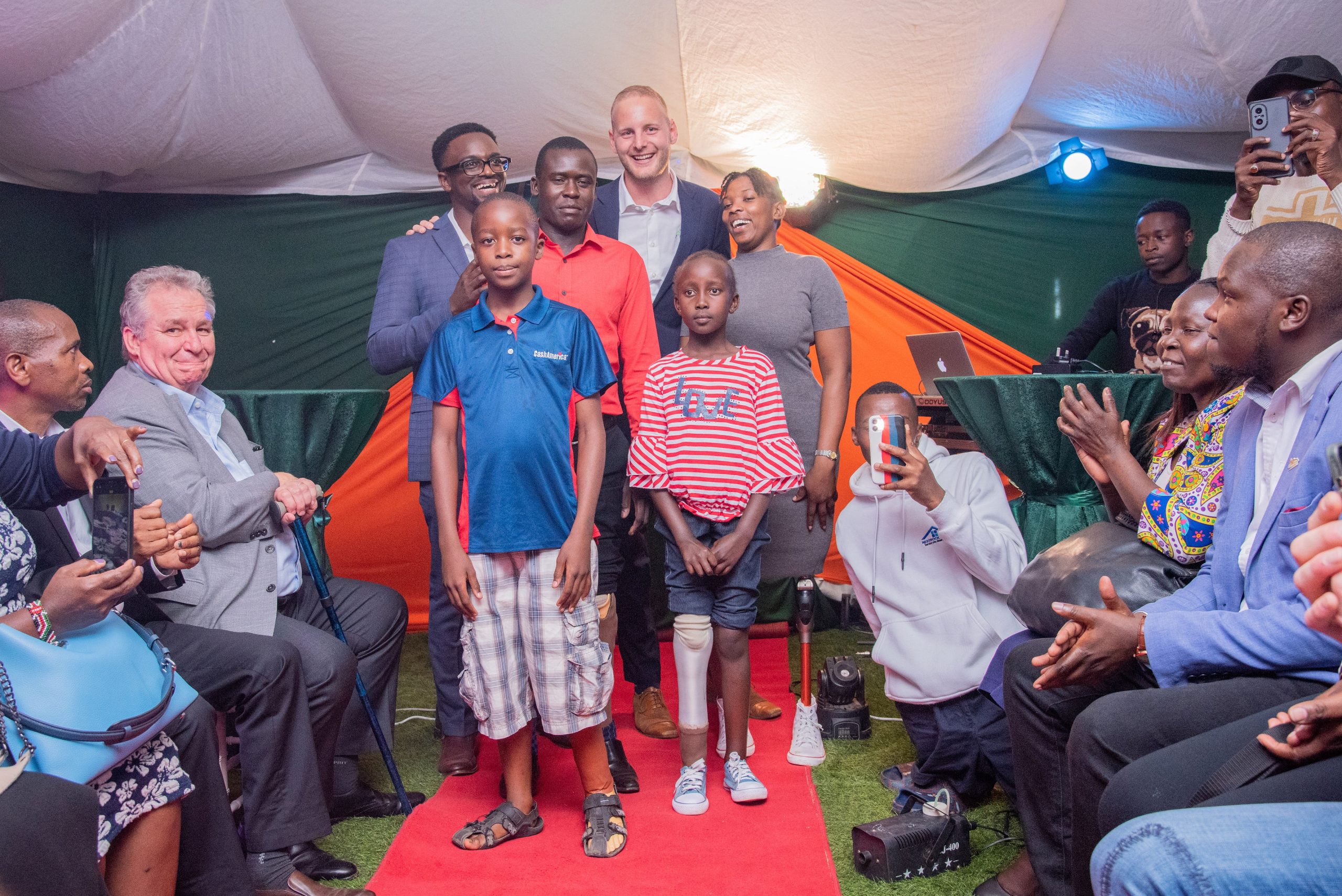By Eddah Waithaka
As the world prepares for the pivotal COP29 summit in Baku, Azerbaijan, Amb. Ali Mohamed, Kenya’s Special Envoy for Climate Change and Chairman of the African Group of Negotiators, has issued a resonant plea for a climate finance framework grounded in the pressing needs of vulnerable nations.
During a recent meeting in his Nairobi office, Amb. Ali Mohamed, Kenya’s Special Envoy for Climate Change, received a position document from Kenyan Civil Society Organizations (CSOs) and emphasized the significance of the upcoming COP29 summit in Baku. “This is a crucial COP, and we are hopeful it will fulfill its financial commitments,” he stated.
Mohamed highlighted that effective climate action is heavily dependent on adequate funding, insisting that both mitigation and adaptation efforts must be supported by the necessary resources for successful implementation.
“Kenya, which chairs the African Group of Negotiators, will speak on behalf of the
continent, and it is important that CSOs support the lead country and speak on behalf of Africa as well,” said Amb. Mohamed.
“The climate crisis is a major concern
for the whole of the continent, and Kenya in particular. Climate-induced vagaries
continue to afflict us, from floods and severe drought cycles to damage to
infrastructure that bleeds the economy. This, of course, is worsening Africa’s debt
crisis, which is why the conversation on New Collective Quantified Goal on Climate
Finance (NCQG) is crucial for us.”
A delegation from the Kenya Platform for Climate Governance (PACJA-Kenya), representing Kenyan civil society organizations, called on global leaders to prioritize funding initiatives that support grassroots climate action.
They emphasized the need for financial mechanisms that specifically assist vulnerable communities across Africa in tackling the worsening effects of climate change.
Kenyan civil society organizations highlighted that COP29, often termed the “Climate Finance COP,” offers a crucial opportunity to redefine global climate finance policies. They stressed the importance of shifting away from previous financial commitments to a strong framework that directly aids adaptation and resilience initiatives in developing countries.
With a focus on grassroots efforts, Kenya’s civil society is pushing for a New Collective Quantified Goal on Climate Finance (NCQG) that prioritizes the needs of marginalized groups, including women, youth, and Indigenous communities who play a vital role in climate adaptation.
Read Also :https://switchmedianews.wordpress.com/2024/10/31/empowering-youth-for-sustainable-cities-launch-of-the-sceju-project-on-world-cities-day-2024/
Ambassador Mohammed called on civil society organizations to leverage their grassroots connections to spotlight the effects of the climate crisis on local communities. He emphasized that the first African Climate Summit, hosted in Nairobi by H.E. President William Ruto in 2023, affirmed Africa’s ability and resources to shape its collective climate future. He stressed the need for global negotiations to transition away from handouts and token gestures, moving instead toward a focus on sustainable development and growth.
Key Issues Highlighted by Kenyan Civil Society Organisations include:
1. Climate Finance Realignment for Sustainable Development: Kenyan CSOs are calling for an NCQG that directs climate finance to people-centred initiatives. These funds should primarily come from public sources and be accessible to communities without burdening developing nations with additional debt. “Climate finance must be new and additional, with mechanisms that reduce intermediaries and enhance accountability to ensure funds reach those most in need,” stated Ms Faith Ngige, the national coordinator, Kenya Platform for Climate Governance (PACJA-Kenya).
2. Urgent Investment in Adaptation and Resilience:
With an estimated $6 trillion required to fund developing nations’ climate action
plans by 2030, and Africa alone needing over $3 trillion, Kenyan CSOs are urging
global leaders to allocate 50% of all climate finance towards adaptation and resilience initiatives. This funding will empower local communities to lead adaptation efforts, ensuring resources are channelled to address the disproportionate climate
impacts felt by African nations.
3. Enhanced Support for Locally Led Climate Actions:
The CSOs are calling for direct funding pipelines to rural and indigenous populations. Locally led solutions, particularly in sectors such as sustainable agriculture, waste management, and renewable energy, leverage local knowledge and strengthen community resilience against climate impacts. This approach fosters equitable development and reduces social instability stemming from climate-related resource conflicts.
4. Equitable Global Climate Governance and Accountability:
Kenyan CSOs are emphasizing the need for an inclusive approach to climate
governance, ensuring that developing nations have a seat at the table in shaping
global climate policies. The Kenyan delegation urged COP29 to establish
accountability mechanisms that enforce climate commitments and protect the most
vulnerable communities, with a focus on justice, transparency, and equitable
outcomes.
Ambassador Mohamed expressed his support for the civil society organizations’ efforts to promote the “Keep Your Promise Campaign” at COP29. He urged international stakeholders to fulfill their commitments and embrace a framework for National Climate Goals and Quantified Targets (NCQG) that empowers grassroots climate initiatives. This approach aims to bolster local solutions and foster a just and resilient future for both Africa and the broader global community.






